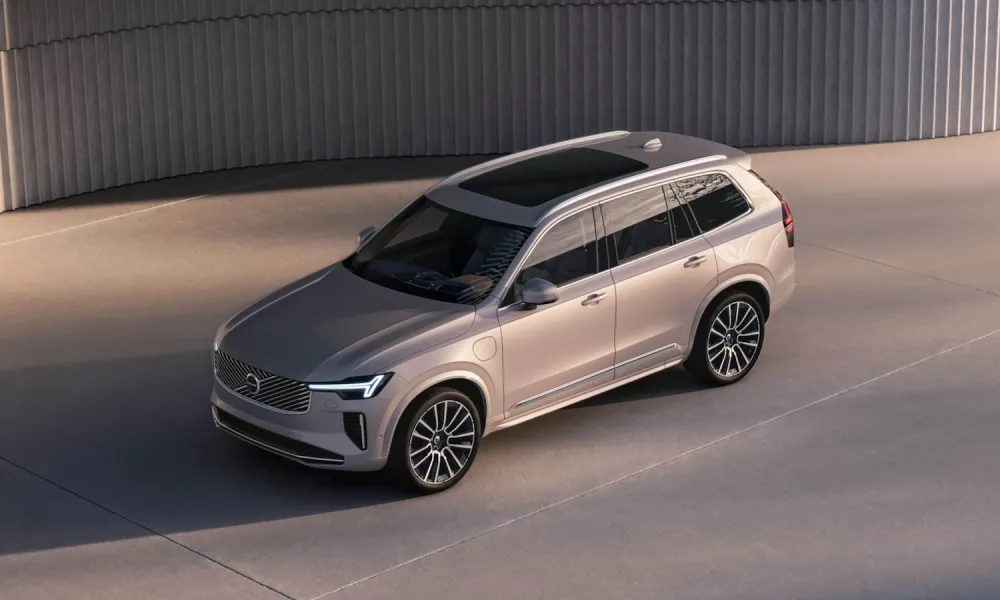In recent years, subscription-based car ownership has emerged as a compelling alternative to traditional car buying or leasing. This innovative model offers flexibility, convenience, and a new way to experience vehicle ownership without the long-term commitment of purchasing. With changing consumer preferences and advancements in technology, subscription-based car ownership is reshaping the automotive industry. In this article, we delve into the details of this rising trend and explore its benefits, drawbacks, and future potential.
What Is Subscription-Based Car Ownership?
Subscription-based car ownership allows consumers to access a vehicle for a monthly fee that typically includes insurance, maintenance, and registration costs. Unlike traditional car ownership or leasing, subscriptions offer the flexibility to swap vehicles or cancel the plan without hefty penalties. Providers such as Volvo, Porsche, and Tesla are leading the way in this space, offering tailored subscription plans to suit diverse needs.
Key Features of Car Subscription Services
- Flexibility: Subscribers can change vehicles based on their needs, such as switching to an SUV for a family vacation or a compact car for daily commutes.
- All-Inclusive Pricing: Subscription fees often cover insurance, maintenance, and roadside assistance, reducing the hassle of managing multiple expenses.
- No Long-Term Commitment: Subscribers can cancel or pause their subscription with minimal penalties, unlike the fixed terms of leases or loans.
Benefits of Subscription-Based Car Ownership
This emerging model is gaining popularity due to its numerous advantages, particularly for urban dwellers and millennials who value experiences over ownership.
-
Convenience
The all-inclusive nature of car subscriptions simplifies the process of vehicle ownership. Users do not need to worry about insurance renewals, maintenance scheduling, or depreciation costs, as these are typically managed by the provider.
-
Flexibility and Variety
Subscribers can experiment with different models and brands, offering a diverse driving experience. This flexibility is especially attractive to those who frequently travel or require specific types of vehicles for different occasions.
-
Cost Predictability
Subscription fees are predictable and often include all associated costs, allowing users to budget more effectively without unexpected expenses like repair bills.
-
Eco-Friendly Options
Many providers include electric and hybrid vehicles in their fleets, aligning with the growing demand for sustainable transportation solutions.
Challenges of Subscription-Based Car Ownership
While the model offers significant benefits, it is not without its challenges. Understanding these limitations can help consumers make informed decisions.
-
Higher Monthly Costs
Subscription fees are generally higher than traditional car lease or loan payments, as they include additional services. This may not appeal to budget-conscious consumers.
-
Limited Availability
Car subscription services are still expanding and may not be available in all regions. Additionally, the variety of vehicles offered might be limited compared to what is available in the open market.
-
Lack of Ownership
For those who value asset ownership, subscription-based models might feel restrictive. Subscribers do not build equity in the vehicle, and long-term usage could become costlier than purchasing a car outright.
-
Early Adoption Barriers
As a relatively new concept, some potential subscribers may be hesitant to adopt this model due to unfamiliarity or concerns about service reliability.
Who Benefits Most from Car Subscriptions?
Car subscriptions are particularly well-suited for individuals and families seeking flexibility and convenience. They are ideal for:
- Urban Residents: People living in cities who occasionally need a car but do not want the hassle of ownership.
- Frequent Travelers: Those who require different types of vehicles for varied travel needs.
- Tech-Savvy Consumers: Early adopters who are open to innovative ownership models and enjoy trying the latest car models.
- Short-Term Users: Professionals on temporary assignments or individuals who want to avoid long-term commitments.
The Future of Subscription-Based Car Ownership
As consumer preferences continue to shift towards convenience and sustainability, subscription-based car ownership is poised for growth. Automotive giants and startups alike are investing in this model, refining their offerings to appeal to a broader audience. Partnerships with insurance companies and maintenance providers are making subscription plans more comprehensive, while technological advancements in fleet management are enhancing user experience.
The integration of electric vehicles into subscription fleets is expected to further boost the appeal of this model, particularly as governments worldwide push for cleaner transportation solutions. With greater adoption, economies of scale may eventually reduce costs, making subscriptions more accessible to the mass market.
Conclusion
Subscription-based car ownership represents a significant shift in how consumers approach mobility. With its flexibility, convenience, and modern appeal, this model caters to the evolving demands of today’s drivers. While challenges like higher costs and limited availability remain, the potential for growth and innovation in this space is undeniable. As the trend gains traction, it is worth considering whether subscription-based car ownership could be the right choice for your mobility needs.






